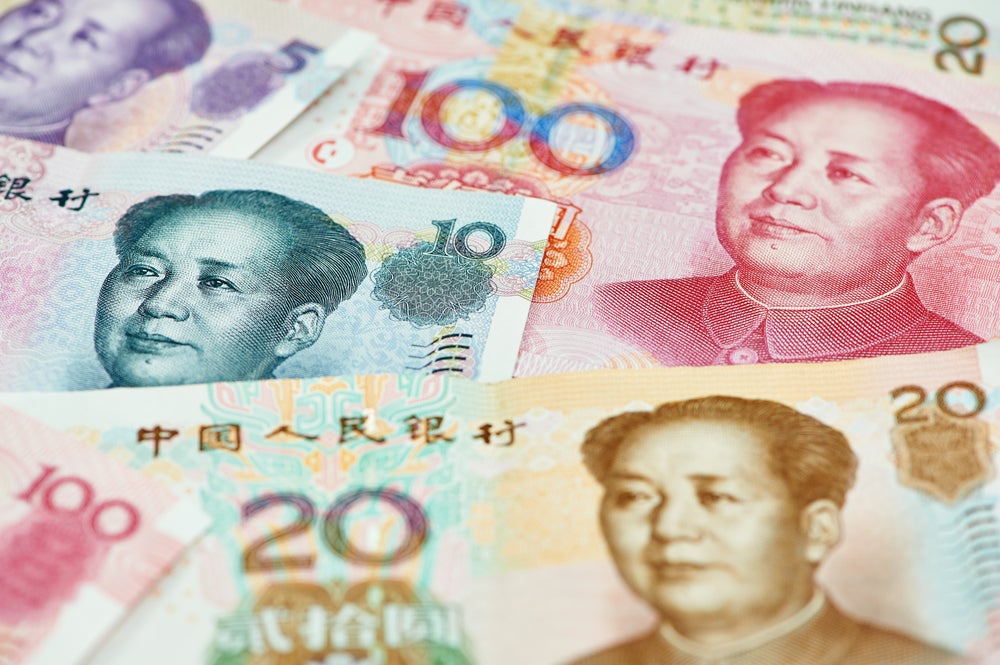
Four Chinese tycoons have transferred a combined $17bn into overseas family trusts to counter the country’s strengthened tax regime.
None have disclosed exactly why they have taken this action, though it is assumed the move is in response to new measures of Chinese tax authorities to target private wealth.
Sung Hongbin, the chairman of Sunac China Holdings, a major property developer, is the latest of the four, disclosing that he transferred $4.5bn to South Dakota Trust Co. on New Year’s Eve.
China’s tax on wealth
The Chinese government has proposed tax cuts in order to arrest its floundering economy. Economists at JP Morgan Chase & Co. have estimated that these cuts would cause a tax deficit of $300bn, 1.2% of China’s GDP.
One way China proposes to balance this is by targeting the wealthy, and close the various loopholes that have hitherto been exploited.
The Chinese tax reforms, which took effect at the start of 2019, allowed the government to levy taxes of up to 20% on assets’ appreciated value if transferred to relatives or third-parties. They have also cracked down on individuals avoiding taxes on overseas earnings by acquiring dual-citizenship.
How well do you really know your competitors?
Access the most comprehensive Company Profiles on the market, powered by GlobalData. Save hours of research. Gain competitive edge.

Thank you!
Your download email will arrive shortly
Not ready to buy yet? Download a free sample
We are confident about the unique quality of our Company Profiles. However, we want you to make the most beneficial decision for your business, so we offer a free sample that you can download by submitting the below form
By GlobalDataAccording to GlobalData’s Wealth in China: HNW Investors 2018 report HNWIs invest 34% of their total liquid assets offshore. This figure is significantly above the regional average of 25% and global average of 14%.
By taking their wealth abroad, Chinese investors are looking to access a better range of investment products and diversify away from the local economy.
The Chinese government has recently bought in reforms to make onshore wealth management easier. Following reforms last year, Bank of China received regulatory approval to create an onshore wealth management subsidiary. Their move was followed in December by two more state banks.
Chinese wealth managers have also been allowed to invest directly in Chinese shares for the first time.
The tycoons in question
In addition to Sung Hongbin, the following Chinese individuals have transferred significant sums into family trusts:
- Wu Yajun, one of China’s richest women, chairwoman of Longfor Properties, moved her entire stake worth $7.9bn
- Xu Shihui, founder of Dali Foods Group, transferred $4.2bn
- Tang Jianfang, founder of Zhou Hei Ya International Holdings, moved $0.6bn
Putting money into an overseas trust does not make it tax-proof by any means, one of the conditions being whether the trust beneficiaries are taxable in China.
However, HNWIs taking this course of action will feel they are at least forcing the Chinese tax authorities onto the front foot in implementing their policies on the wealthy.







